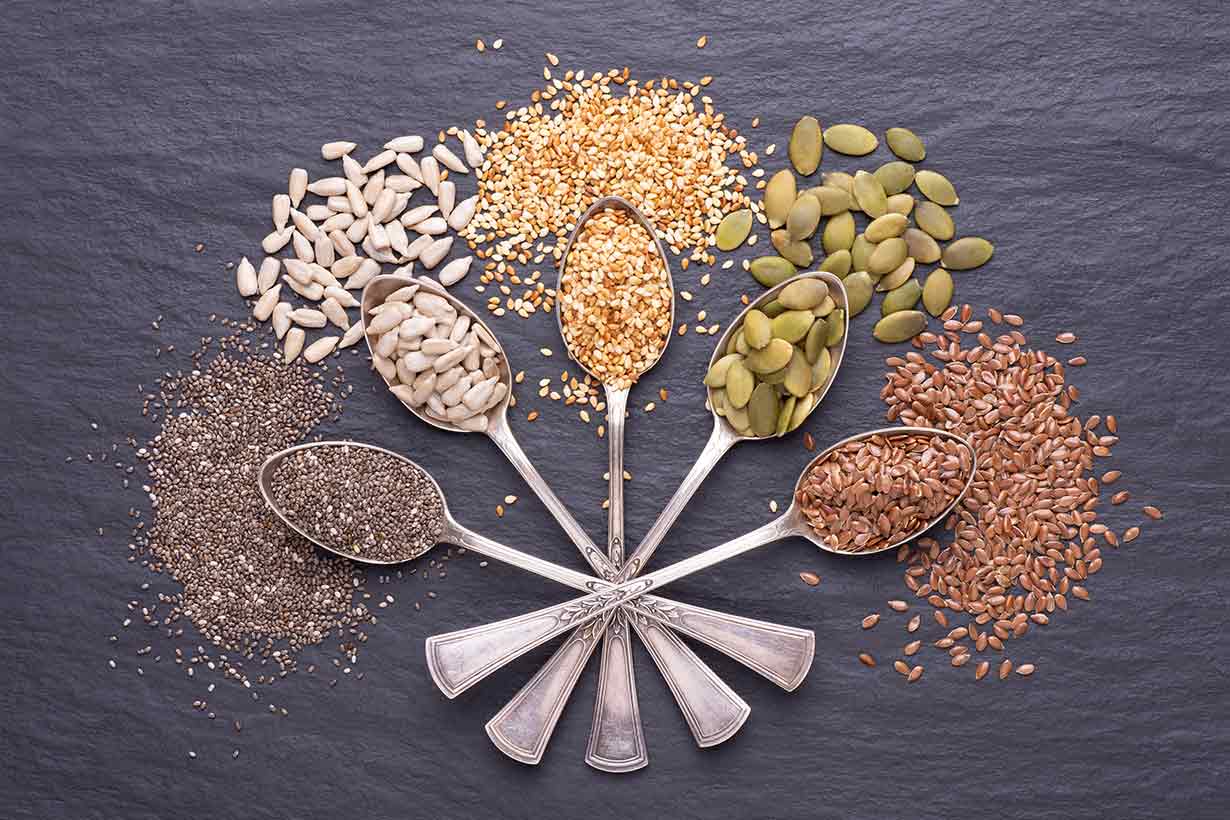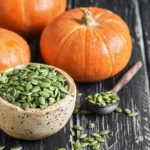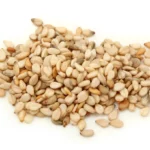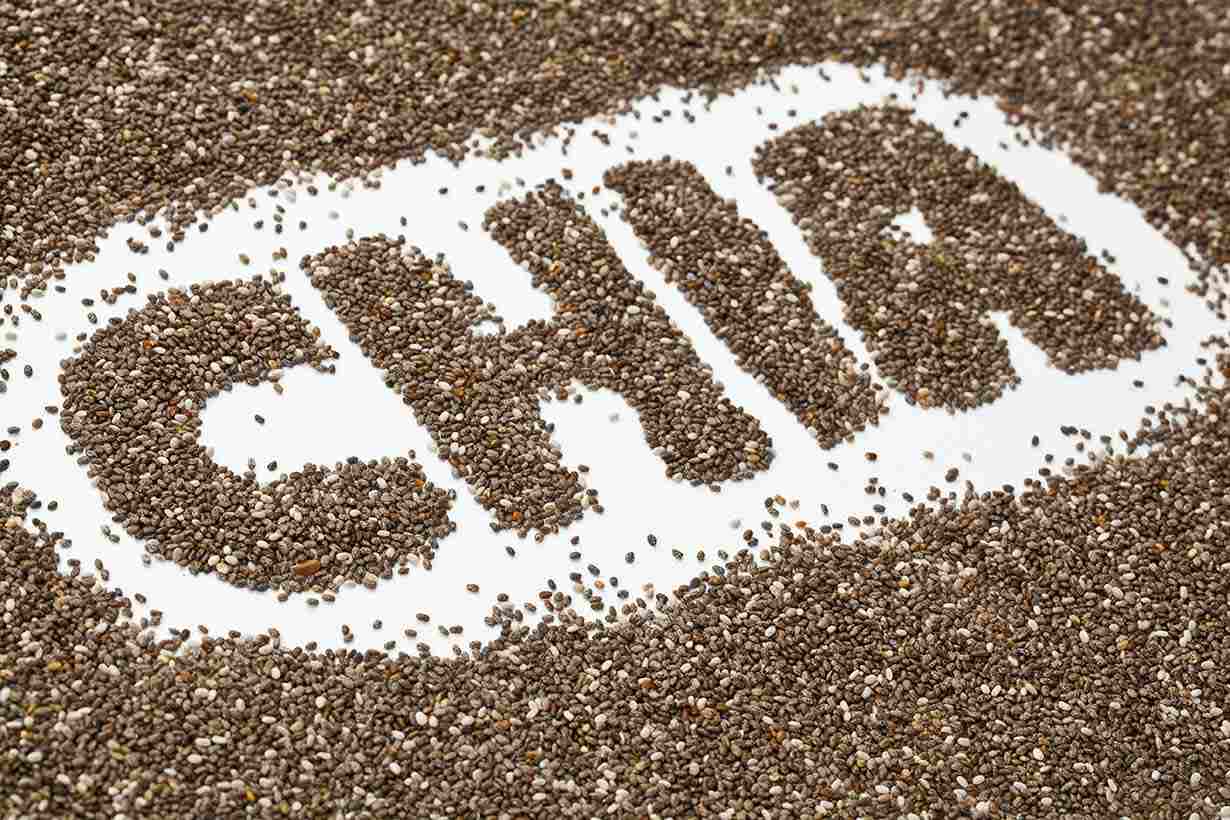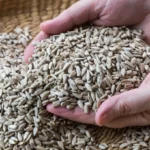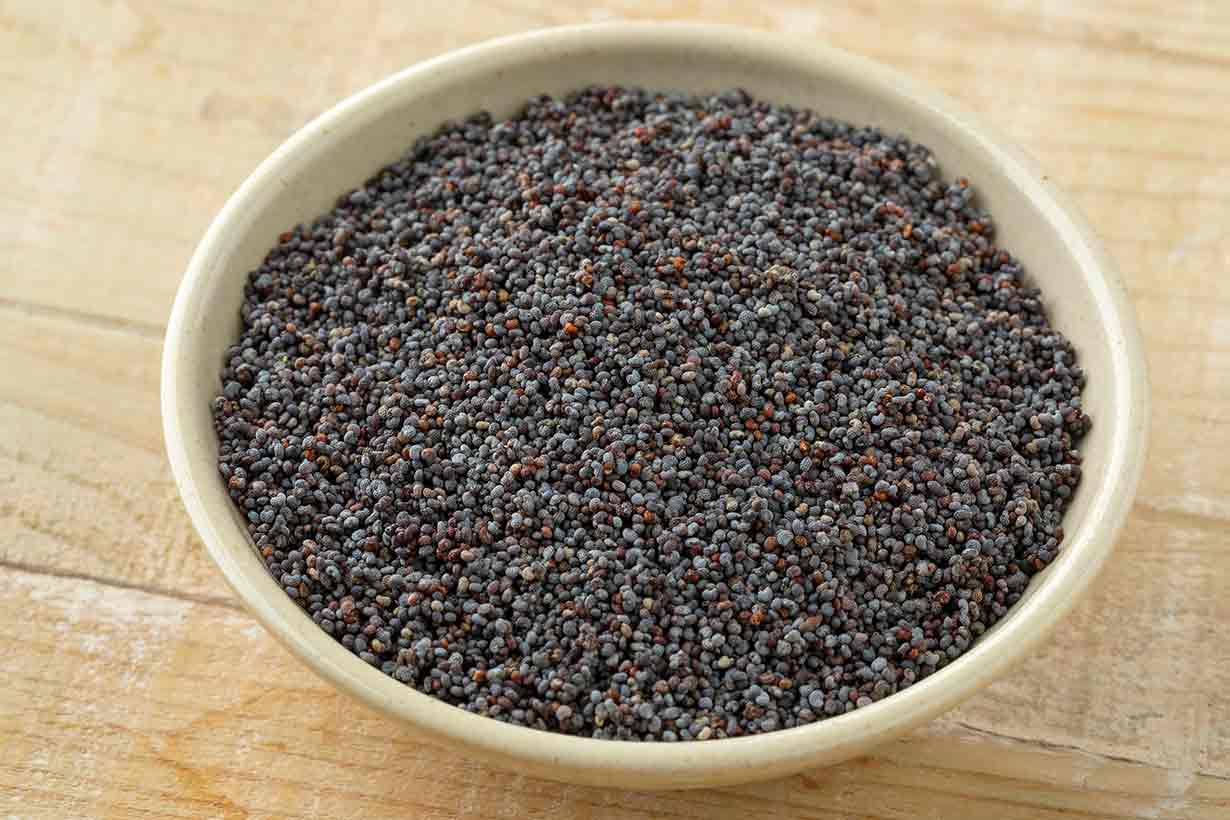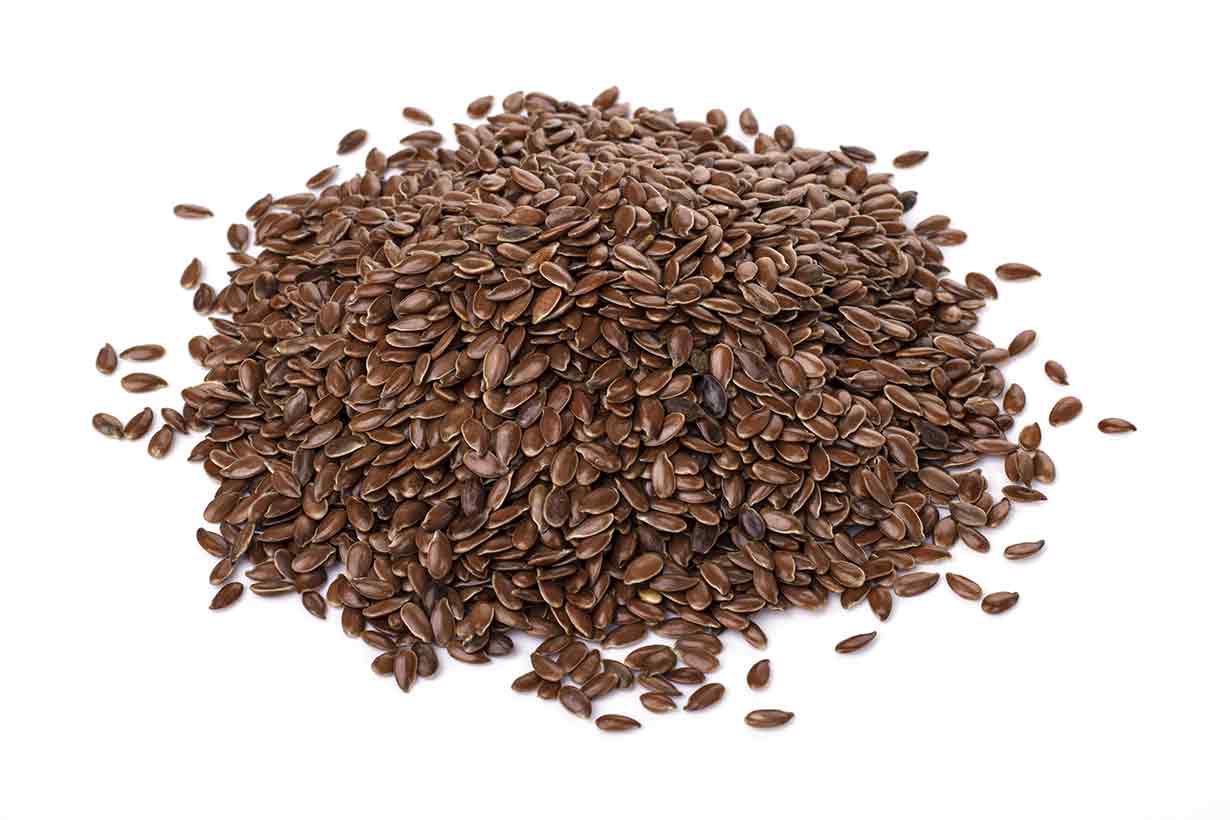There are many different varieties of seeds, and hemp seeds are one of the most nutritious among them.
These little seeds are packed full of protein, healthy fats, vitamins, and minerals. They even have some unique potential benefits too.
This article takes an in-depth look at the nutritional values and health benefits of hemp seeds.
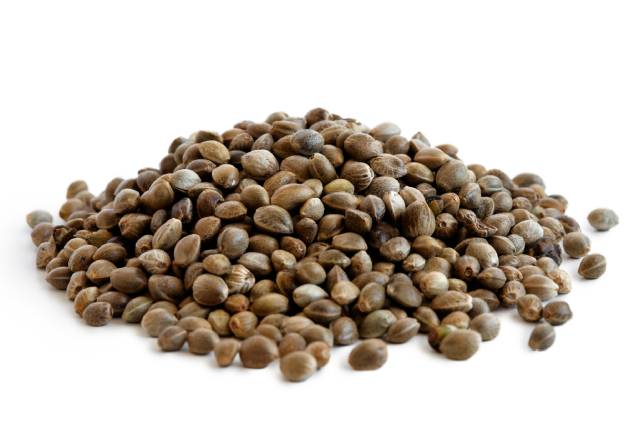
Nutrition Facts
Firstly, the full nutrition profile of hulled hemp seeds per typical serving is shown below.
The source of the data is the USDA’s FoodData Central database; daily values (% DV) are calculated using the published daily values from the National Institutes of Health (1, 2).
| Calories/Nutrient | Amount |
|---|---|
| Calories | 166 kcal |
| Carbohydrate | 2.60 g |
| Fiber | 1.20 g |
| Sugars | 0.45 g |
| Fat | 14.62 g |
| Saturated | 1.38 g |
| Monounsaturated | 1.62 g |
| Polyunsaturated | 11.43 g |
| Omega-3 | 2.79 g |
| Omega-6 | 8.24 g |
| Protein | 9.47 g |
Vitamins
- Thiamin (B1): 32% DV
- Niacin (B3): 17% DV
- Vitamin B6: 11% DV
- Folate: 8% DV
- Riboflavin (B2): 7% DV
- Pantothenic acid (B5): 6% DV
- Choline: 4% DV
- Vitamin K: 1% DV
- Vitamin E: 2% DV
Among the vitamins present in hemp seeds, the most significant are thiamin, niacin, and vitamin B6.
These B vitamins play a crucial role in energy metabolism, which refers to the breakdown of the food we eat into energy. B vitamins are also important for maintaining a healthy nervous system (3, 4).
Minerals
- Manganese: 99% DV
- Copper: 53% DV
- Magnesium: 50% DV
- Phosphorus: 40% DV
- Zinc: 27% DV
- Selenium: 14% DV
- Iron: 13% DV
- Potassium: 8% DV
- Calcium: 2% DV
- Sodium: 0.1% DV
As shown above, hemp seeds provide a substantial concentration of numerous essential minerals.
The most concentrated minerals in hemp seeds include magnesium, manganese, copper, phosphorus, and zinc.
Manganese has importance for maintaining a healthy immune system, and it is necessary for the activation of various enzymes within the body. These enzymes are involved in a range of processes, such as metabolism and bone formation (5).
Copper is important for optimal iron absorption, forming red blood cells, and energy production (6).
Phosphorus plays a crucial role in bone formation (7).
Lastly, zinc has a range of functions, and it is particularly important for growth and development, and the optimal functioning of the immune system (8).
Hemp seeds are a good plant-based protein source
Animal-based foods such as dairy, meat, and seafood tend to be the best (most digestible) sources of dietary protein.
However, hemp seeds are one of the most protein-rich plant foods. A typical three-tablespoon serving of hemp seeds offers nine grams of protein, which is equivalent to 31 grams of protein per 100 grams (1).
That said, it is not just the absolute amount of protein but also protein quality that is important. On this note, many plant-based sources of protein are low in specific amino acids, which “limits” the absorption of total protein.
The amino acid lysine is the first limiting amino acid in hemp-based foods (9).
According to research conducted on whole hemp seeds, they have a protein digestibility of 81.1-86.2% and a PDCAAS value of 0.49-0.53 (10).
For individuals focusing on hemp seeds for their protein content, hulled hemp seeds are a higher quality source of protein. Their PDCAAS rating is 0.63-0.66 (9, 10).
PDCAAS (protein digestibility-corrected amino acid score) is a scoring system designed by the FAO/WHO to evaluate the protein quality of a particular food, and information on the scoring criteria is available here.
Hemp seeds contain little phytic acid (phytate)
Unlike other seeds such as sunflower and poppy seeds, hemp seeds contain very low amounts of phytic acid. Phytic acid is otherwise known as phytate, and it is often called an “antinutrient” (11).
In truth, like most compounds found in food, phytic acid has both benefits and drawbacks, so it shouldn’t be avoided (12).
However, one of the negative points about phytate is that it can bind to certain minerals and impede their absorption. These minerals that phytate can bind include calcium, iron, magnesium, manganese, and zinc (13).
For this reason, hemp seeds may be preferable to other seeds for individuals with existing concerns about maintaining a sufficient intake of these minerals.
Omega-3 fatty acids
Hemp seeds contain a high amount of omega-3 fatty acids, with a single serving providing 2.79 grams. Per 100 grams, this omega-3 content comes to 9.3 grams (1).
While all forms of omega-3 are beneficial and can add to total omega-3 intake, it is worth noting that the omega-3 in hemp seeds comes in the form of alpha-linolenic acid (ALA).
ALA is not as bioavailable as eicosapentaenoic (EPA) and docosahexaenoic acid (DHA) which we can find in oily fish, seafood, and algae products. In this regard, several randomized controlled trials have demonstrated that EPA and DHA intake increased plasma omega-3 levels, while ALA had little effect (14, 15, 16).
The reason for this lesser bioavailability is because the human body needs to convert ALA to the active forms (DHA and EPA) of omega-3 to use it, and the conversion rate can be extremely low. As an approximate estimation, the National Institutes of Health report that the conversion rate is typically reported as being less than 15% (17).
For this reason, the Dietary Guidelines for Americans recommend that individuals consume at least 250 mg of EPA and DHA per day (18).
For most people, the best source of omega-3 will be seafood. Marine algae supplements can also provide EPA and DHA for vegetarian and vegan dieters (19).
The total omega-6 to omega-3 ratio of hemp seeds is somewhere between 2:1 and 3:1, which is thought to be within an optimal ratio (20).
On the topic of ALA omega-3, chia seeds provide the most among the various seeds.
Fiber content
Although hulled hemp seeds contain minimal amounts of carbohydrates, they still manage to provide a moderate amount of fiber.
Dietary fiber may have several potential benefits, including its ability to form short-chain fatty acids, slow digestion, and feed the “beneficial bacteria” known as the gut microbiota (21, 22, 23).
Per serving, hulled hemp seeds offer 1.2 grams of fiber, which is equivalent to four grams of fiber per 100 grams. Research has shown that the fiber in hemp seeds is approximately 20% water-soluble, and 80% insoluble (1, 24).
One more point to bear in mind is that whole (unhulled) hemp seeds are a better source of fiber than hulled seeds, as they still have their fiber-rich shell.
The USDA has not published nutritional values for unhulled hemp seeds, but according to the NCC database, these whole hemp seeds offer eight grams of fiber per three-tablespoon serving (25).
In other words, for those looking to increase their fiber intake, unhulled hemp seeds are the better choice.
For more fiber-rich seed options, here’s a guide to flax seeds.
How to use hemp seeds
Firstly, hemp seeds are not among the most flavorful foods in the world, but they do offer a satisfying crunchy texture.
The seeds are quite oily, and they have a mild nutty taste.
For those wondering how to use them, here are a few ideas:
- Add some hemp seeds (possibly with fruit) to a yogurt
- Use them in a smoothie to increase the protein/fat content
- Sprinkle them on a salad
- Make a hemp seed “butter” (just blend them in a food processor for a few minutes)
For more ideas, there is a wide range of hemp seed recipes available here.
For those looking for seeds with a bit more flavor for culinary purposes, sesame seeds are an excellent option.
Final Thoughts
Overall, hemp seeds have a lot to offer nutritionally.
They provide an excellent variety of vitamins and minerals, they are a good source of healthy fats, and they’re relatively protein-rich too.
While there are better single sources of protein and omega-3, hemp seeds offer an impressive package of different nutrients.

